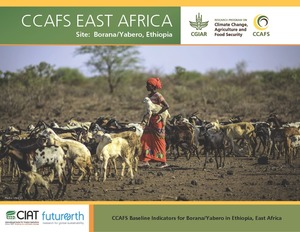Learning exchange on linking social protection with food security and agriculture-based livelihoods in Southern Africa
The Food and Agriculture Organisation of the United Nations (FAO), in collaboration with the Southern Africa Food Lab (SAFL) and Reos Partners organised a learning exchange aimed to deepening the understanding on the linkages between agriculture and social protection, focusing on lessons and experiences from southern Africa. The purpose of this learning exchange was to facilitate sharing and compiling of lessons learned in the design, implementation and institutional arrangements of linkages between social protection, food security and agricultural-based livelihoods, including good practice









